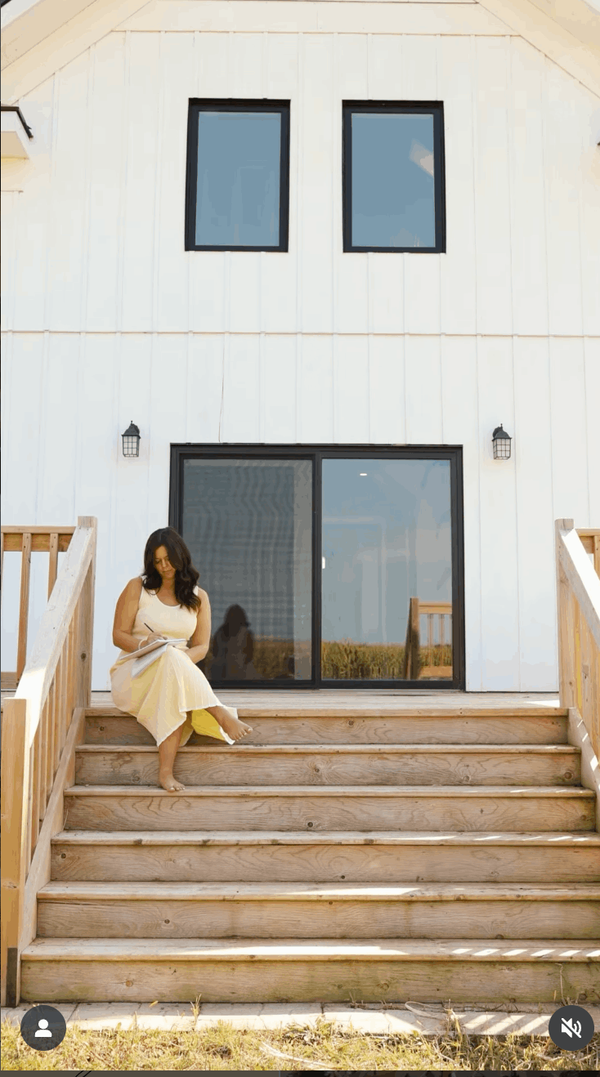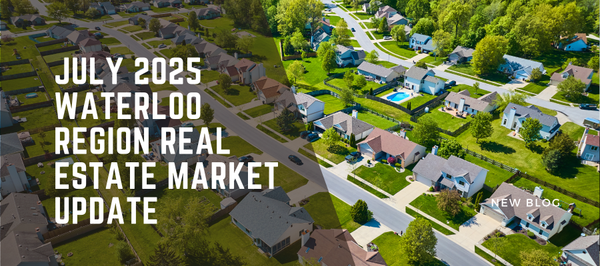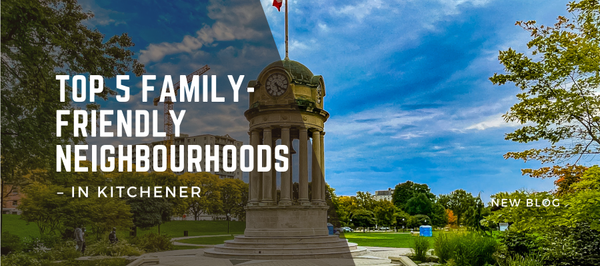
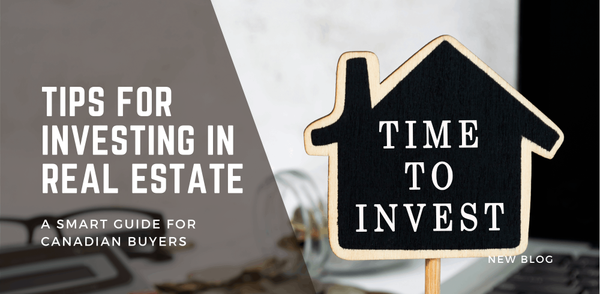
Tips for Investing in Real Estate: A Smart Guide for Canadian Buyers
Real estate investment can be a rewarding way to build wealth, secure financial stability, and generate passive income. However, like any investment, it requires careful planning, research, and strategic decision-making. Whether you're a first-time investor or looking to expand your portfolio, here
Read More
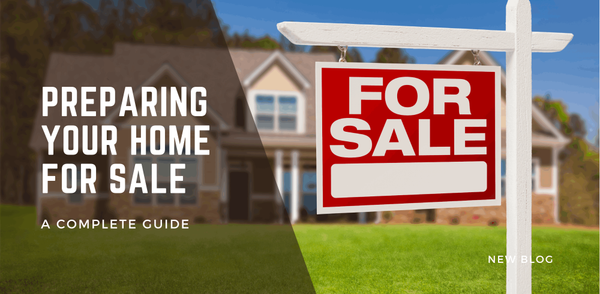
Preparing Your Home for Sale: A Complete Guide
Selling your home can be an exciting yet challenging process. One of the most crucial steps to ensure a successful sale is preparing your home to attract the right buyers and secure the best price. A well-prepared home can stand out in the market, lead to quicker offers, and maximize your return. He
Read More

Trends in the Luxury Real Estate Market
Canada’s luxury real estate market has seen significant shifts over the past few years, driven by changes in buyer preferences, economic factors, and global influences. For those looking to invest or sell in the high-end property market, understanding the latest trends can help you make informed dec
Read More

Renovate or Relocate? What to Consider Before You Decide
As a homeowner, there often comes a point when your current space no longer meets your needs. Maybe your family is growing, your lifestyle has changed, or you simply want an upgraded living environment. When you reach this crossroad, you have two main options: renovate your current home or relocate
Read More
Categories
Recent Posts
